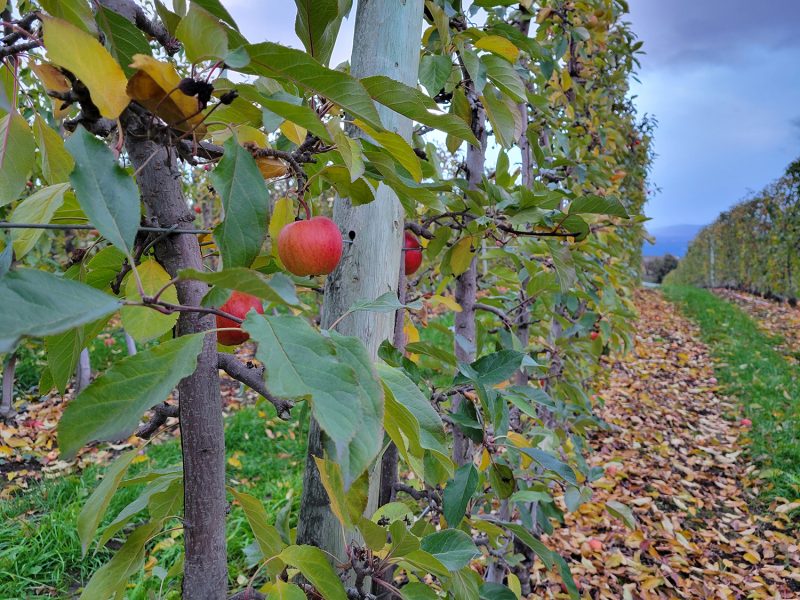The province announced a new replant program for perennial crops on April 30, ending weeks of speculation regarding the long-awaited initiative.
Up to $15 million is being allocated for the new program, to be administered by the Investment Agriculture Foundation of BC. It will have three streams, with funding disbursed on a first come, first served basis to the tree fruit, hazelnut, grape and berry sectors.
Grower representatives quoted in the province’s press release were unanimous in welcoming the announcement by BC agriculture minister Pam Alexis.
The new program combines and broadens the scope of three sector-specific replant programs for the orchard, hazelnut and raspberry sectors, and includes funds for market development, plant removal and replanting.
The orchard sector, for example, has been without a replant program since 2021, after 30 years of provincial support for orchard renewal, while the grape sector has never had a replant program.
“Tree-fruit growers in BC appreciate the investment in food security and ensuring that growers have the resources to renew their orchards,” says BC Fruit Growers’ Association vice-president Sukhdeep Brar. “[BCFGA] thanks Minister Alexis for this vote of confidence in the local production of high-quality, BC-grown produce.”
The program aims to cover 100% of removal costs and 75% of replanting costs. Sector development programs will be fully funded by the province.
But unlike previous programs, there is no timeline for the funding, and no allocation to specific streams. Sector development and plant removal costs are funded first, the province says, with replanting funded in the second and subsequent years of the program with whatever funds remain.
“Priority [is] placed on sector development projects and removal projects in the first year, and planting projects in later years, the province says. “The funding for the program is expected to be sufficient for multiple years.”
IAFBC says review of the first batch of applications will take place May 25.
The funds have been made available as part of the $200 million in food security funds announced March 7.


 Province funds pump station
Province funds pump station